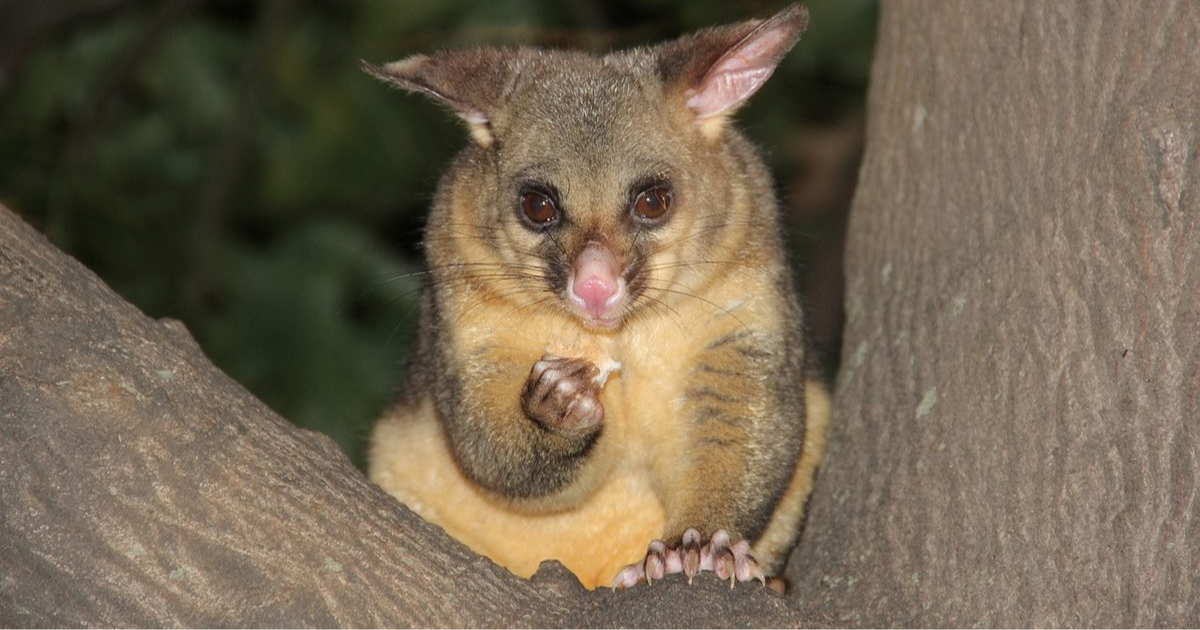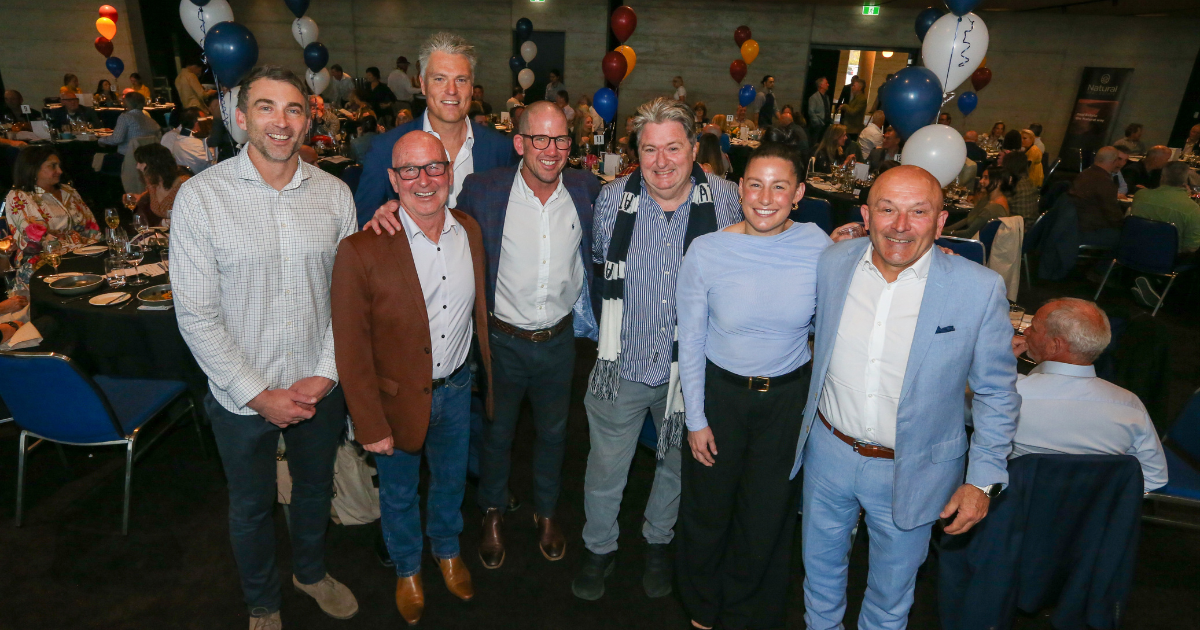Local breakthrough trial for flesh-eating disease extended

Last year, researchers at the Peter Doherty Institute for Infection and Immunity found Buruli ulcer is spread by mosquitos that have become infected after biting possums carrying the bacteria. Photo: SUPPLIED
A WORLD-FIRST clinical trial aimed at reducing the time required to treat a flesh-eating disease will be extended, following promising preliminary results.
Last year, Barwon Health’s Infectious Disease Unit launched a trial, supported by the World Health Organisation, to test the effectiveness of a new antibiotic called Telecebec in treating Buruli ulcer.
It is hoped this antibiotic will reduce healing times for the skin disease, caused by the bacterium mycobacterium ulcerans, to four weeks, down from eight weeks, and streamline treatment from a dual antibiotic therapy approach to a single, safer and easier-to-tolerate antibiotic.
Professor Daniel O’Brien, the director of Barwon Health’s infectious disease department, said the initial trial showed positive results for the patients enrolled.
“We saw all 40 patients safely complete their antibiotic treatment without having to stop or interrupt treatment due to side-effects, which is a much better outcome than the current treatments. There were also no serious side-effects reported,” he said.
“Patients also found the antibiotic was easier to take, required less pills and was one month shorter than the usual antibiotics.
“However, the most important outcome was that healing times were excellent with no patients requiring surgery for their treatment.”
Barwon Health researchers, with the support of Royal Melbourne, are now planning to extend the trial to a further 80 patients, as instances of Buruli ulcer continue to rise across the state.
An almost 80 per cent jump in cases was reported between 2017 and 2023, reaching a record high of 363 cases, with the Bellarine Peninsula, Surf Coast and several suburbs in Geelong among the areas where the disease has been found.
Highton resident Lisa Gowers first noticed her elbow was slightly swollen in June last year. She was initially treated for tendonitis and cellulitis, but the skin eventually broke down and formed an ulcer, and by mid-July she had received a diagnosis of Buruli ulcer.
One of the first patients accepted into the initial Telacebec trial, Ms Gowers’ ulcer was fully healed with no side effects from the treatment.
“While I was unlucky to contract a Buruli ulcer, I consider myself very lucky to have been a participant in the trial,” she said.
“I arrived at my first appointment at the Infectious Diseases Clinic highly stressed, desperate to find out how to stop the ulcer from growing, but dreading what the treatment was going to entail.
“I left greatly relieved, with a treatment plan and the trial drugs that proved to be highly effective, with healing visible within weeks, while completely devoid of side effects.
“It certainly worked for me, and I highly recommend the trial to anyone unfortunate enough to contract a Buruli ulcer.”
Barwon Health is inviting those diagnosed with a Buruli ulcer who are interested in being treated with the new antibiotic to ask their doctor for a referral to the Infectious Diseases Service or phone the Adrian Costa Clinical Trials Centre on 4215 2878 for more information.

















